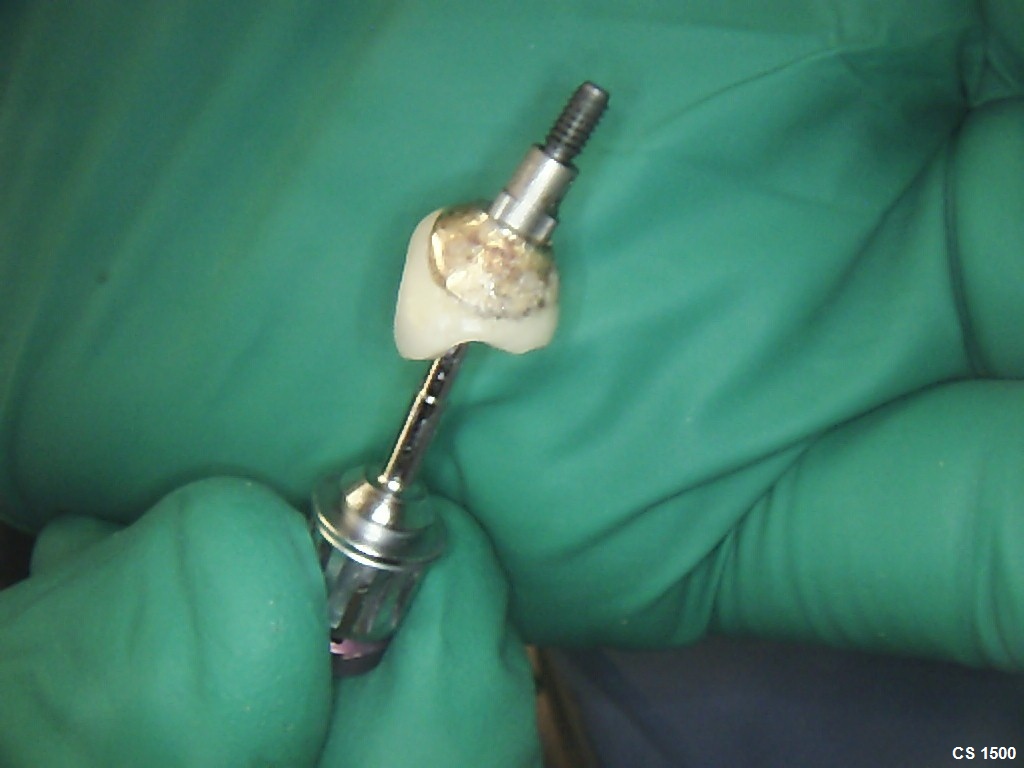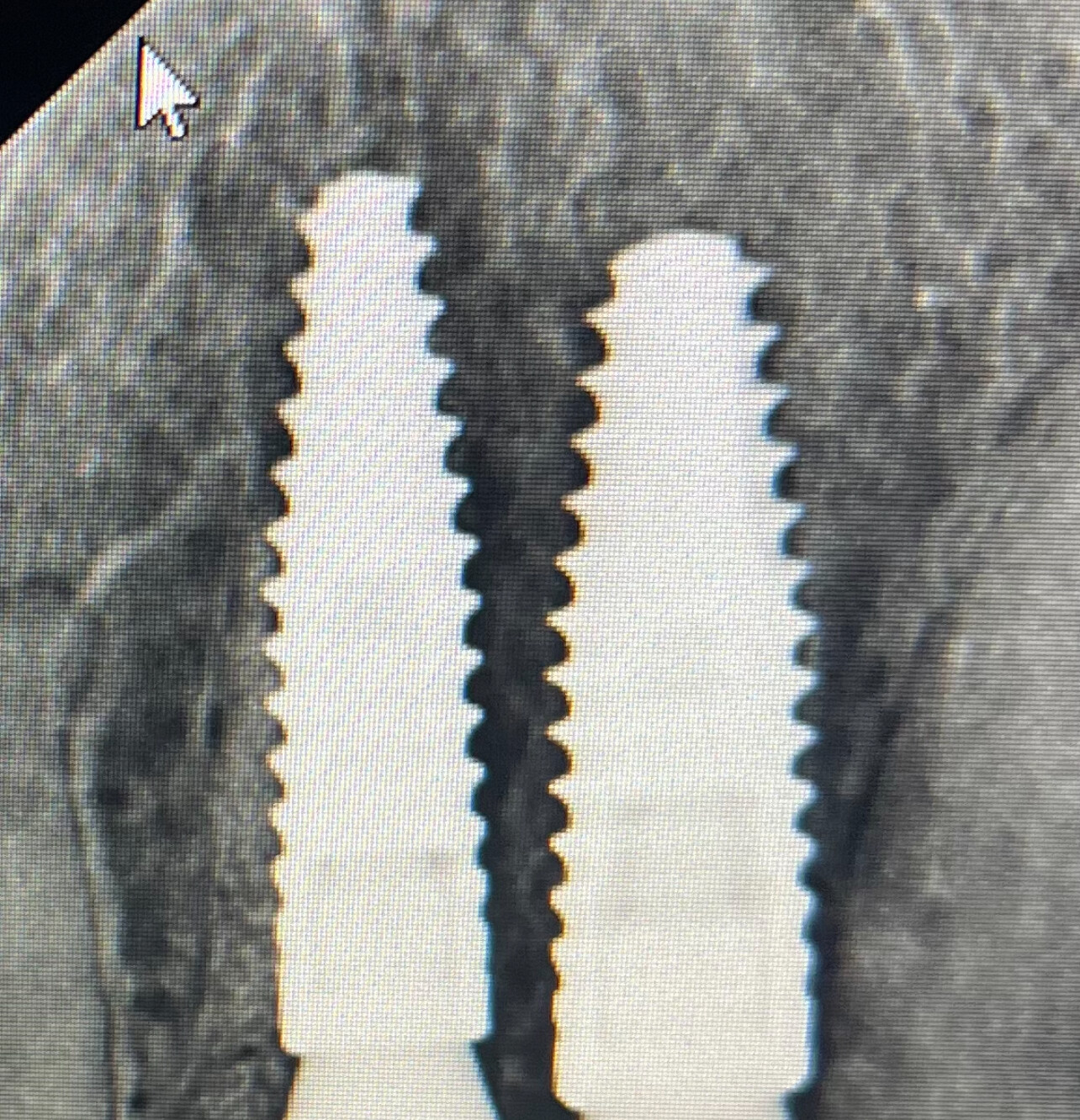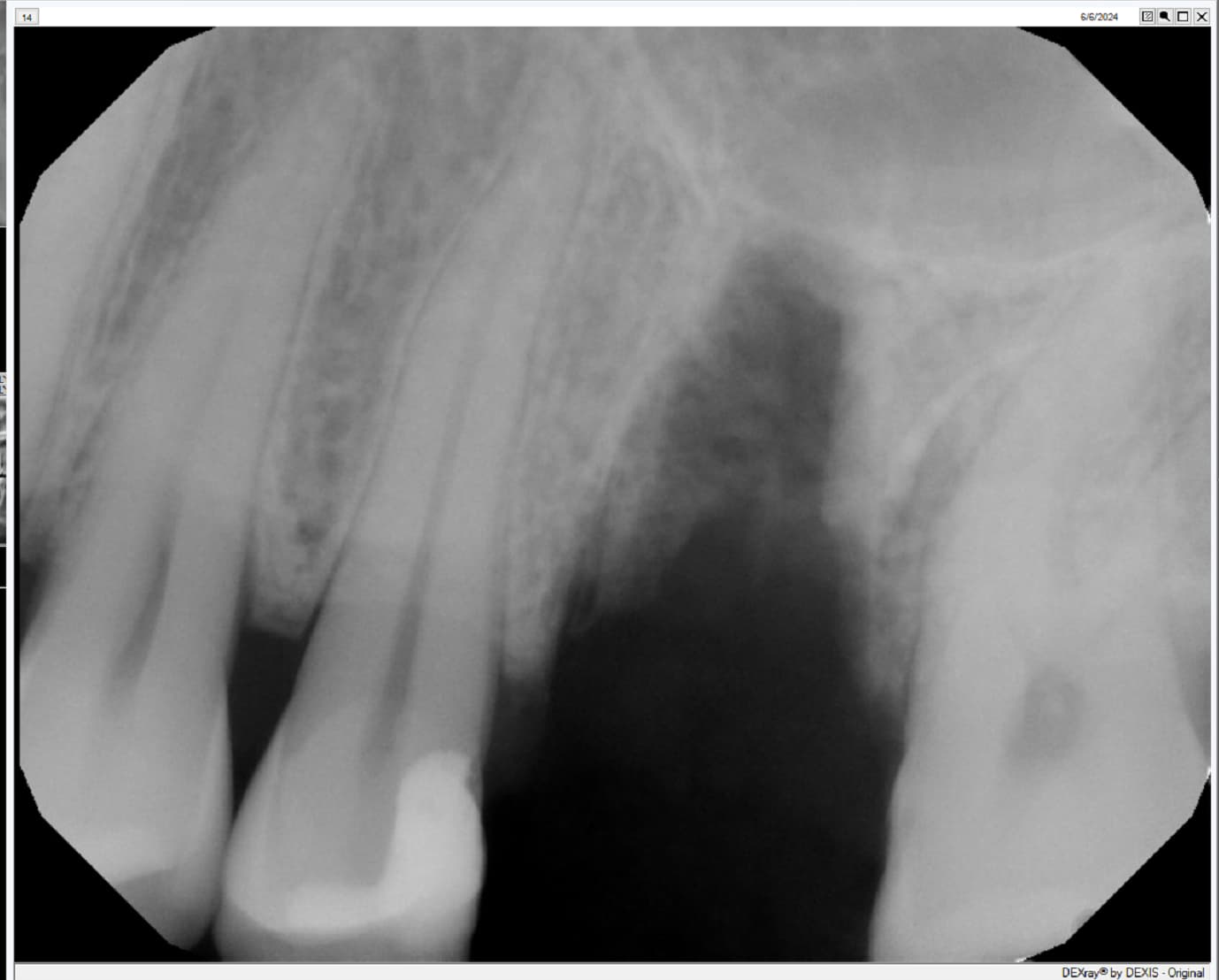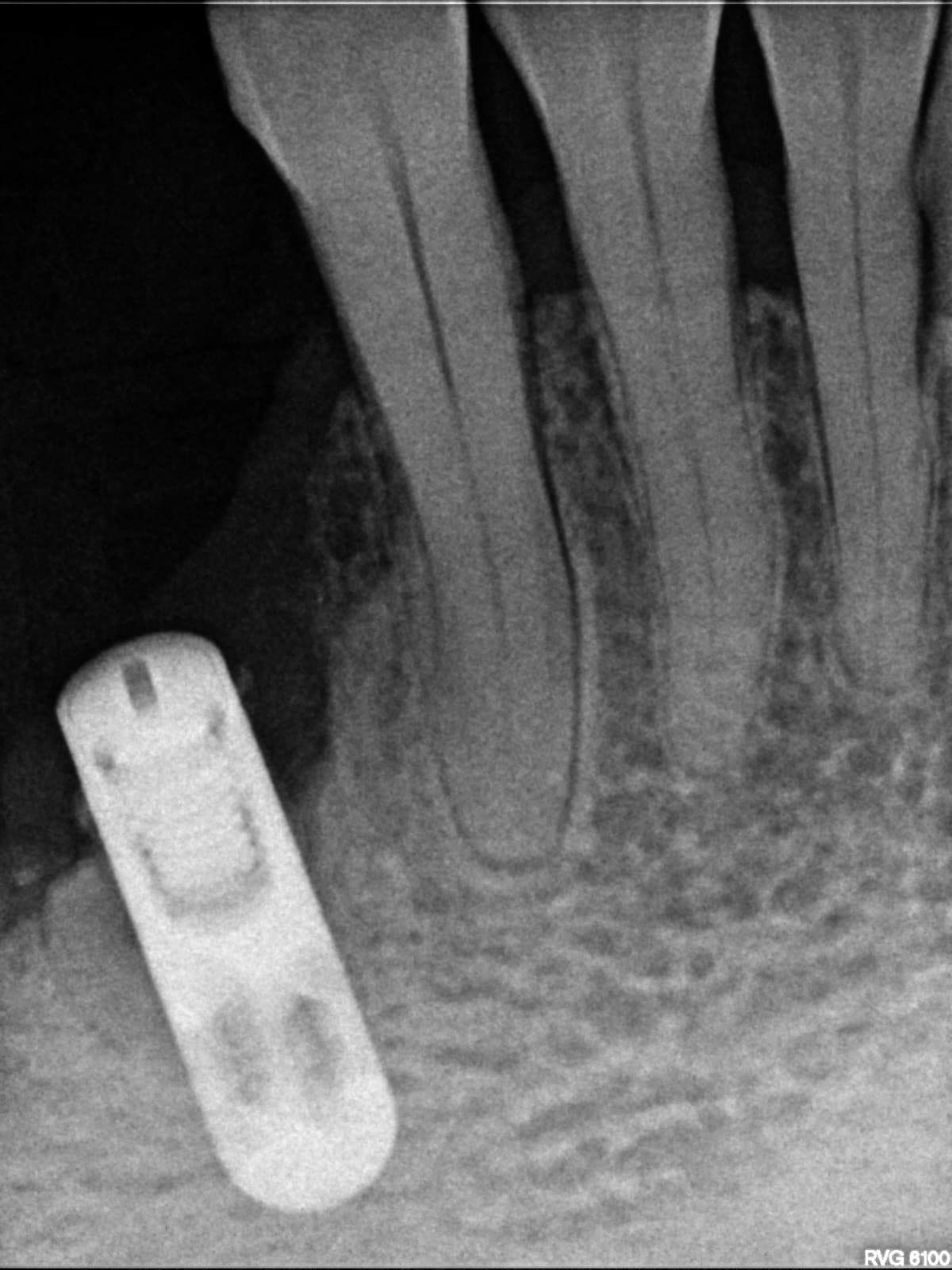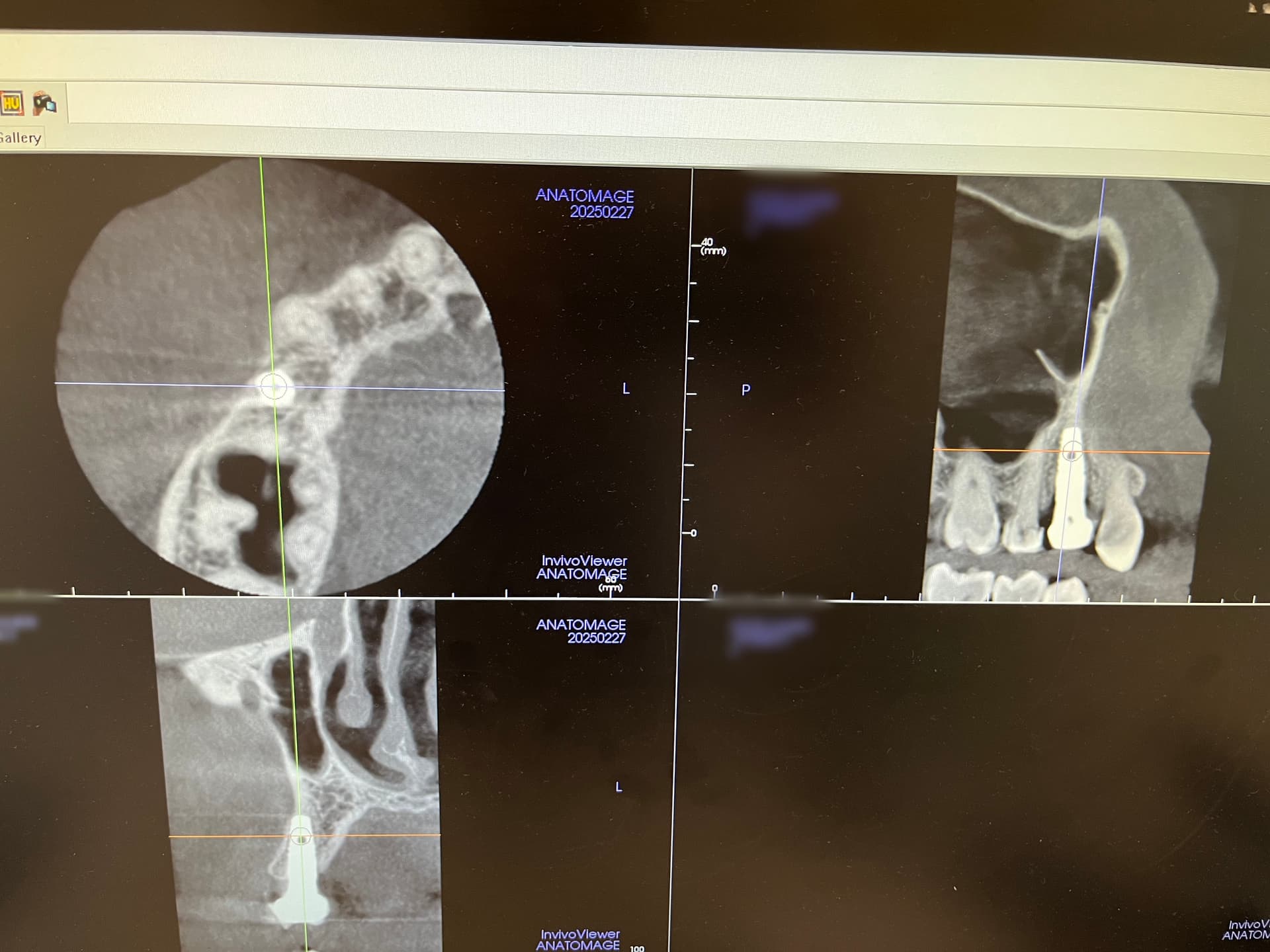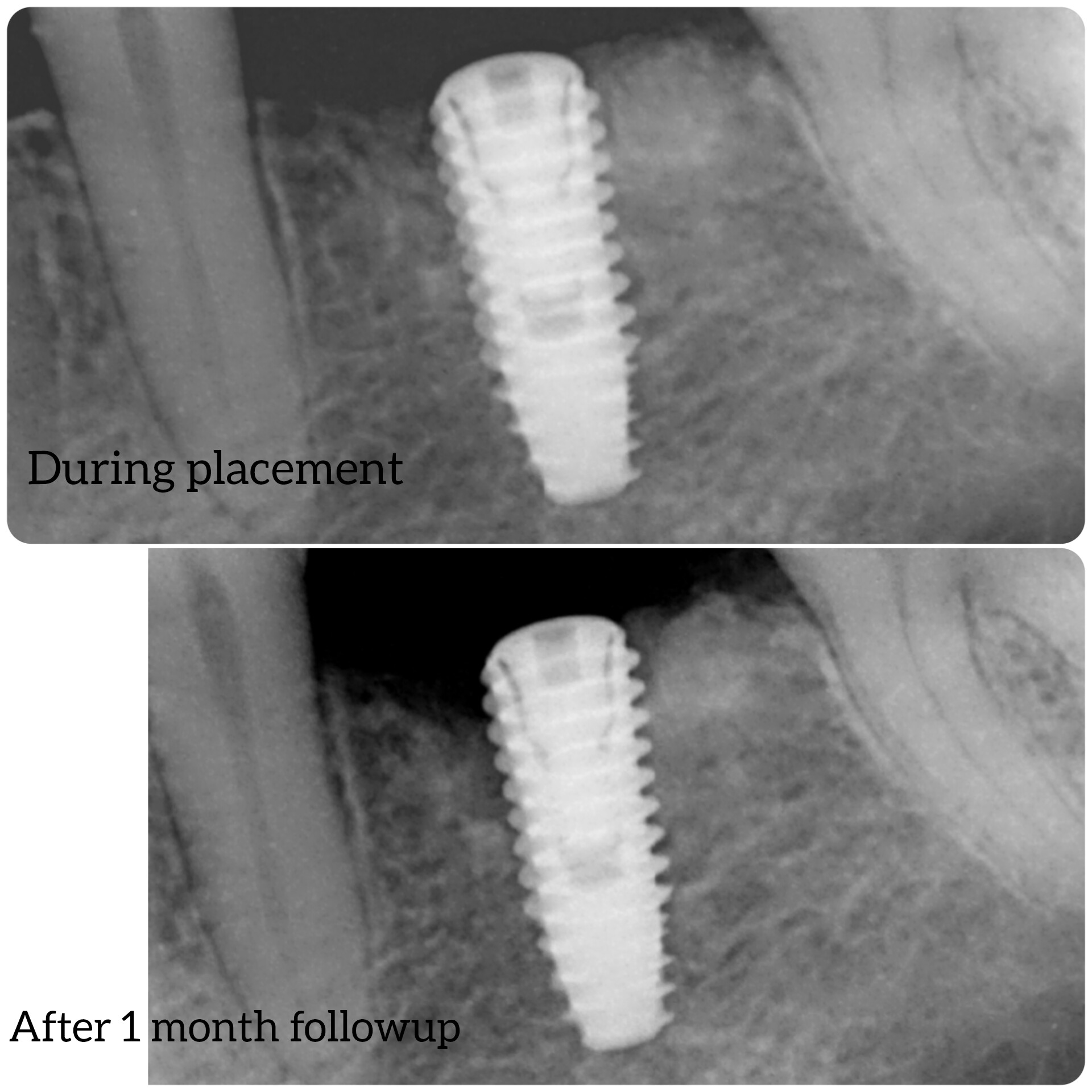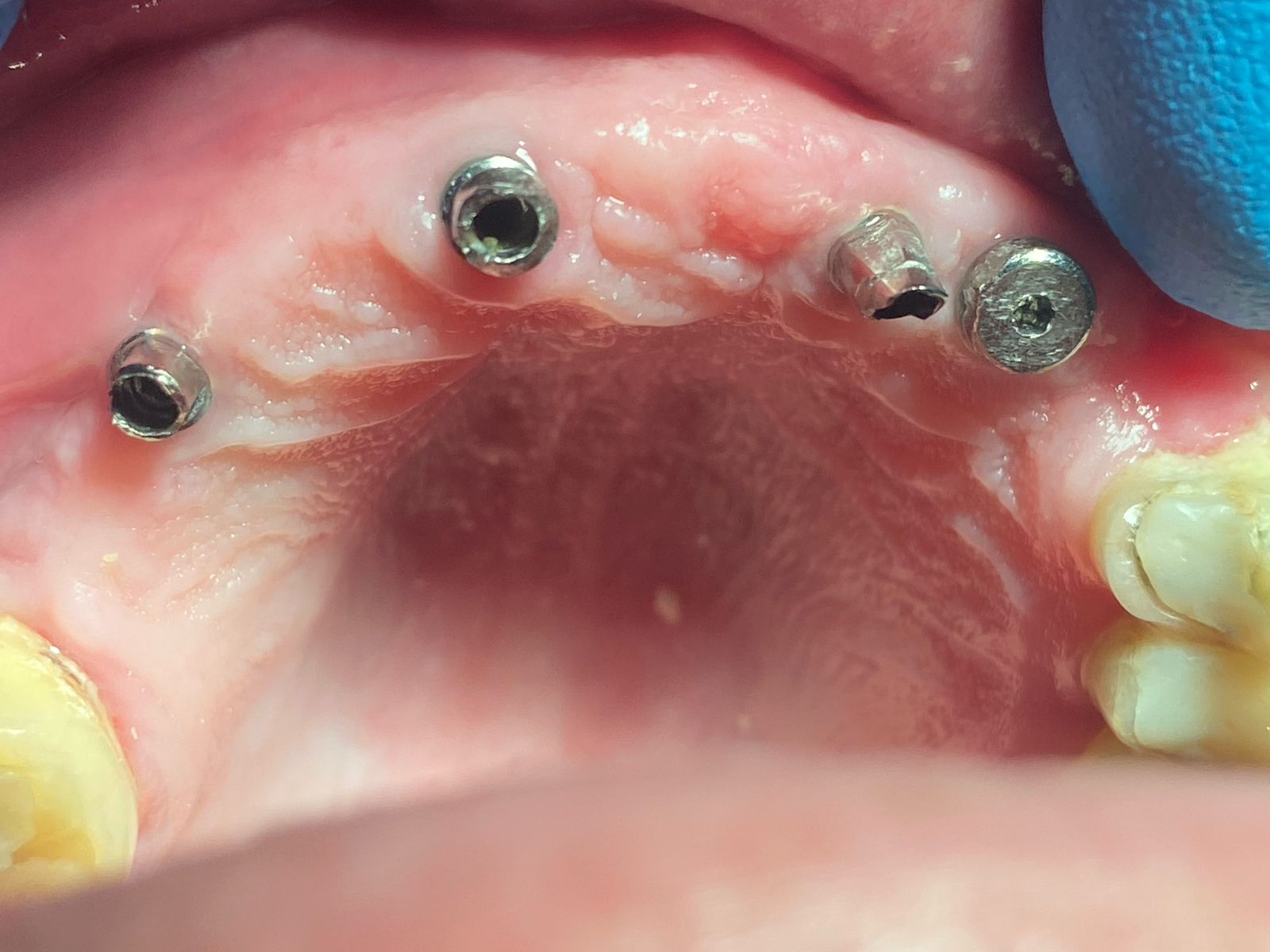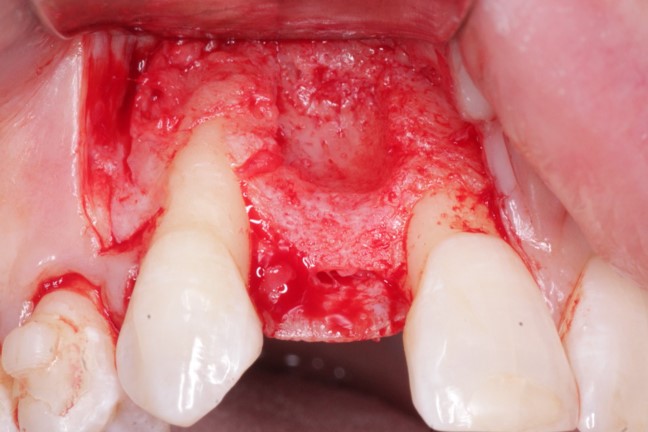Insurance Coverage for Dental Implants
Is this the start of a big trend?
Delta Dental of Michigan, Ohio and Indiana (Delta
Dental) will begin covering dental implants as part of its standard
benefits beginning January 1, 2007. That means enrollees will have the
option of choosing an implant to replace a missing tooth instead of a
conventional fixed bridge.
"Although implants have been available for
many years, advances in dentistry have greatly increased their rate of
success," said Thomas J. Fleszar, D.D.S., M.S., president and chief
executive officer of Delta Dental. "Today, they are often the best
method for replacing a single missing tooth in a healthy patient.
Therefore, we feel it’s the perfect time to incorporate implant
coverage as part of our standard benefits."
Delta Dental was one of the first carriers to offer contract riders
to employers wishing to cover this service and has closely monitored
advances in implant materials, training, and technology.
Fleszar said the company will cover endosteal implants, the most
commonly used type of implant, which is placed into the jawbone. The
other type of implant in use today, subperiosteal, fits on top of the
bone under the gums and will not be covered because they have a high
failure rate. Endosteal implants now have a success rate of 98 percent
over 10 years.
Delta Dental of Michigan, Ohio, and Indiana was a pioneer in using
evidence-based research to evolve dental plan designs. It was the first
dental benefits provider to change coverage for dental X-rays in the
mid-1980s based on research that recommended reducing the frequency of
X-rays for those not at high risk for tooth decay; as a result, many
patients have been protected from unnecessary radiation exposure.
Source: www.deltadentalmi.com










